You know about milk, cheese, and greens being crucial foods for strong bones.
But there are others you may have never thought of that could help improve your bone density too.
That’s why we asked 10 experts the following question:
What unique (often overlooked) food do you recommend for strong bones?
Discover what foods you may be overlooking that can support your bones!
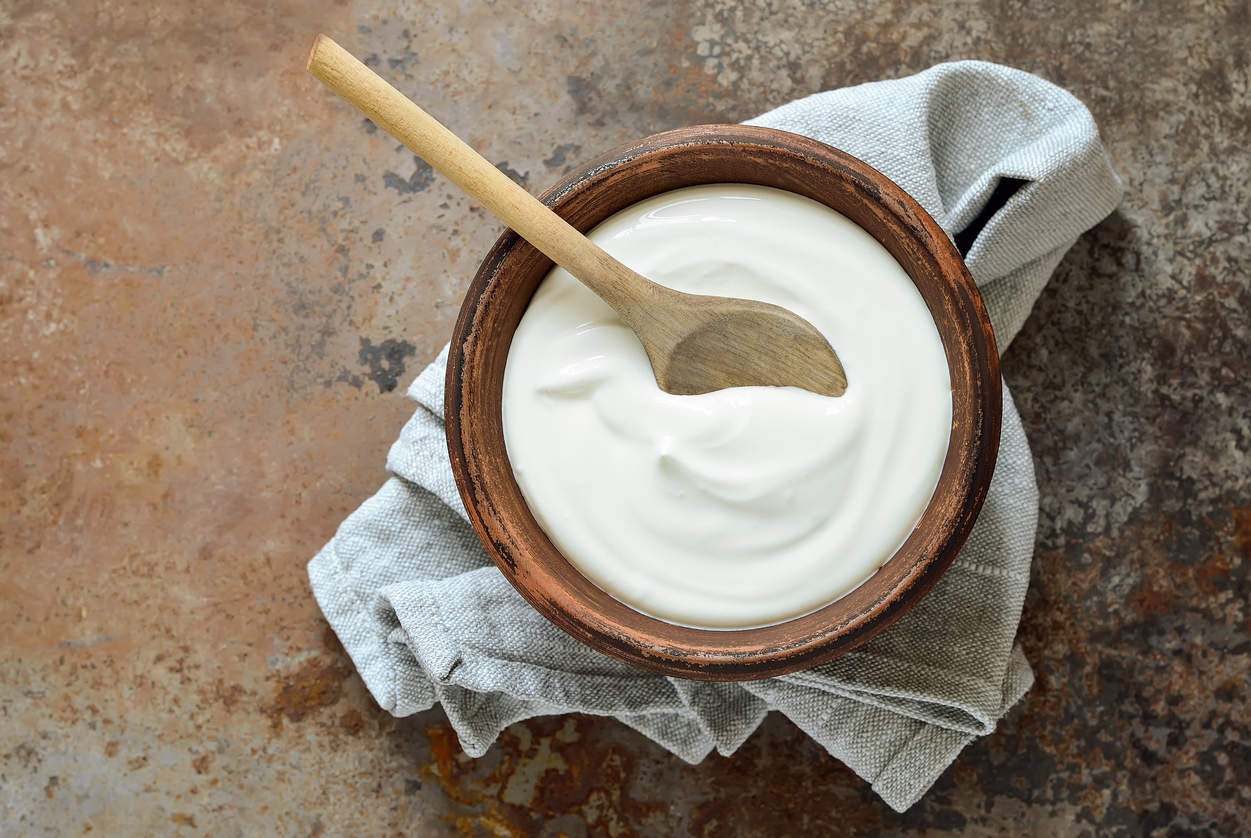
Full Fat, Organic Plain Yogurt
Full-fat, organic plain yogurt from pastured cows. Dairy foods, particularly yogurt, deliver the widest range of beneficial nutrients for our bones – IF, and this is crucial IF, the yogurt consumed is full fat, organic plain yogurt produced from the milk of pastured cows.
Plain yogurt (that meets these criteria) will provide not only calcium, but magnesium and zinc, plus small amounts of vitamin K2 (in the form of MK-4), vitamin A, and vitamin D (as most cow’s milk is now fortified with vitamin D, one cup of yogurt per day provides 200 IU of vitamin D3 along with 400 mg of calcium) — and a hefty dose of protein.
In addition, organic, full-fat plain yogurt from pastured cows will contain beneficial bacteria that protect the gut, greatly improving our digestion and absorption of all the nutrients bones require. And lastly, once established in our intestines, the probiotic bacteria provided by yogurt will produce the B vitamins we need to support a healthy cardiovascular system, nervous system, and energy metabolism – as well as healthy bones.
Low-fat yogurt, even if organic, will not contain the fat-soluble vitamins, K2 or A. Non-organic yogurt, even if full fat, will contain pesticide residues, possible hormone, and antibiotic residues, GMO sugars & a variety of chemical additives – all of which may harm bone via a wide variety of mechanisms.
Many studies show a significant inverse association between consumption of dairy products and elevated markers of bone turnover (indicators of excessive bone loss) and a positive association between dairy food intake and bone mineral content.
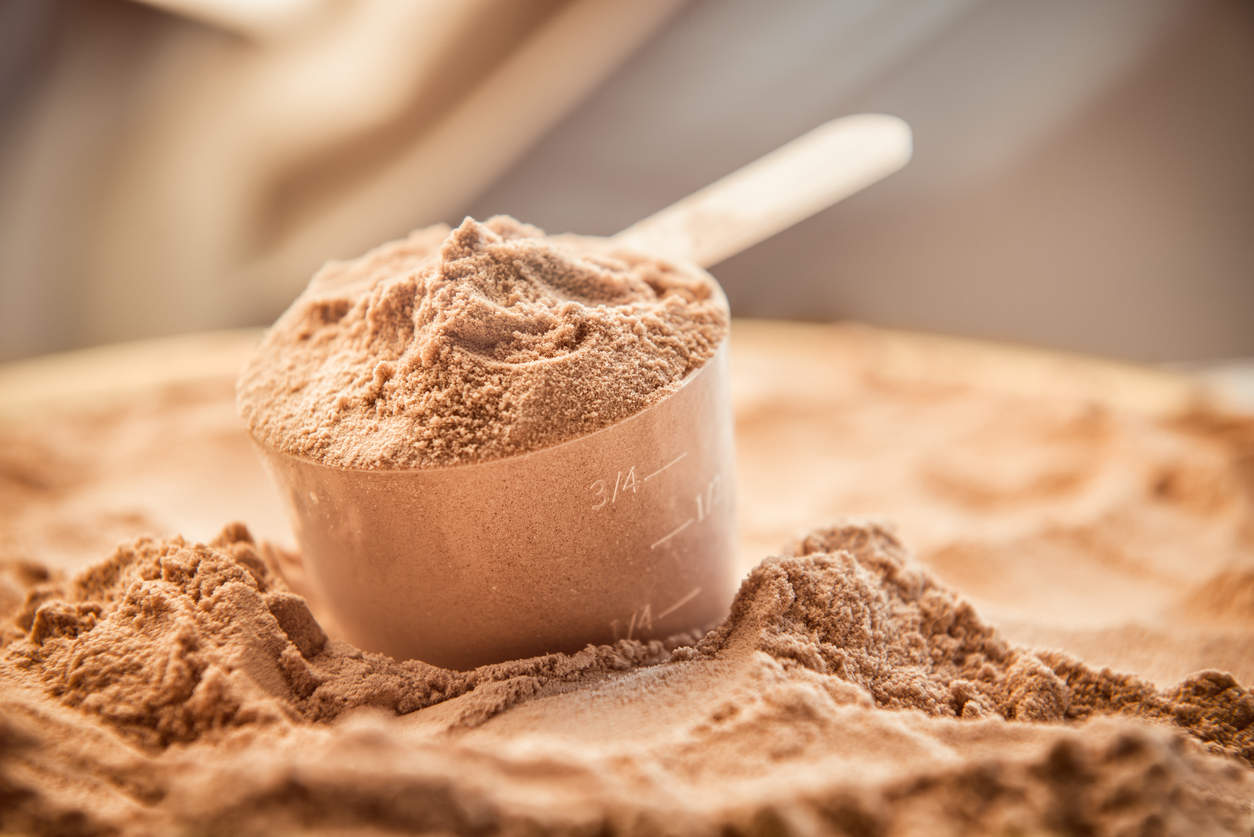
Protein Powders
Protein powders have been popular for ages, but unfortunately, there are many on the market that contain additives and artificial ingredients. However, fortunately, there are protein powders available now that are made from Bovine collagen. These collagen peptide protein powders contain no added ingredients and dissolve wonderfully into many recipes. Collagen peptides are rich in amino acids which help to strengthen our bones and joints! Collagen peptides can be found in powdered forms in specialty grocery stores like Whole Foods or online (Amazon, etc.).
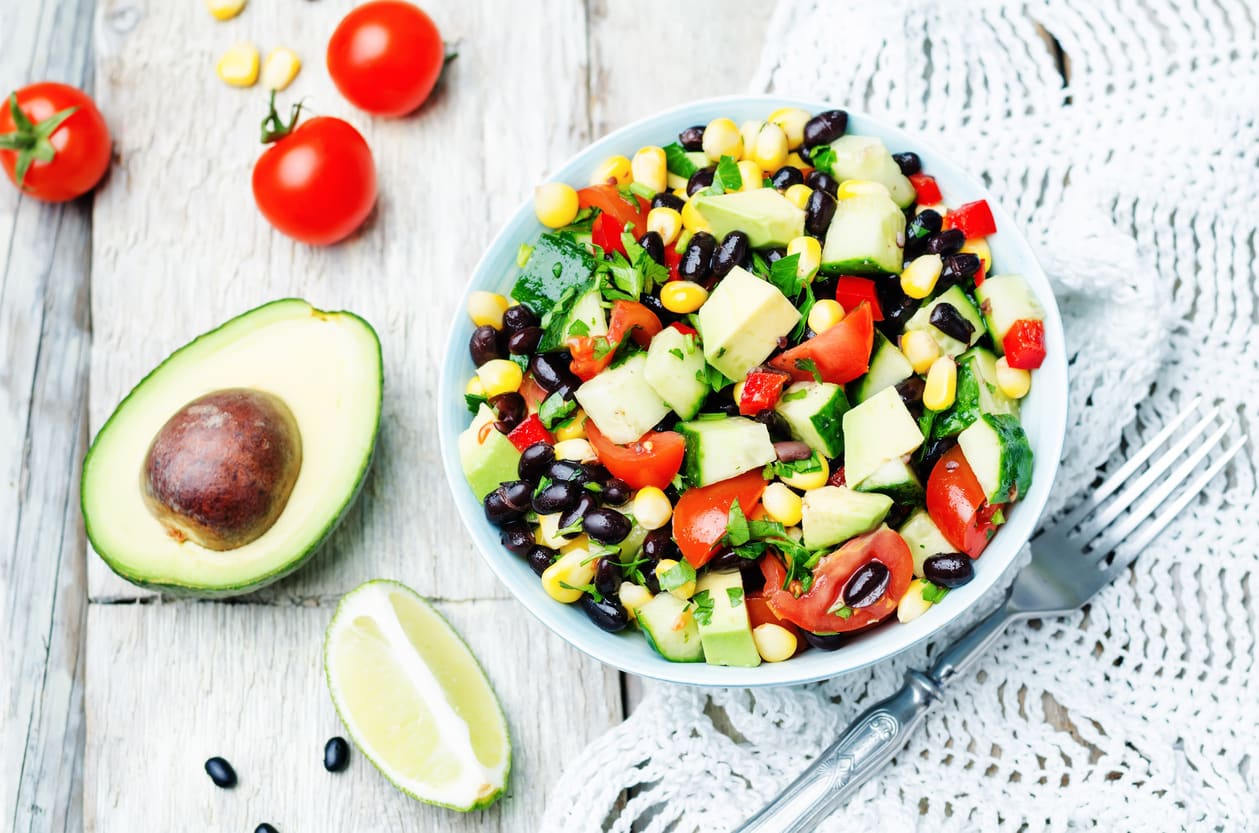
Black Beans and Kelp
In Chinese medicine, we look at vitality (what we call Jing) as coming from our kidneys. As we age, we use up our Jing, and we start to see signs that we associate with aging: graying hair, weak knees and back, and weaker bones. Interestingly, in western medicine, the kidneys play a role in bone health as well; healthy kidneys turn vitamin D into an active hormone, which helps increase calcium absorption from the intestines into the blood. So, from my perspective, when I look to strengthen bones I look to strengthen the kidneys.
There are two foods I recommend, depending on other signs and symptoms a patient might have. The first is black beans. In Chinese medicine, when we look at food, we look at the “energy” of that food. You might think of this as the nature of the food. Most legumes are considered good for the kidneys because they are the pure Jing or vitality of the plant. When you eat beans you consume that vitality. Additionally, black beans contain about 135 mg of calcium per half cup serving.
Foods that are naturally salty are also considered nourishing for the kidneys, so the second food I would consider is kelp. The slightly fishy flavor of kelp can turn some people away, so I like to use kelp granules as a salt replacement on fish and eggs and in soup.
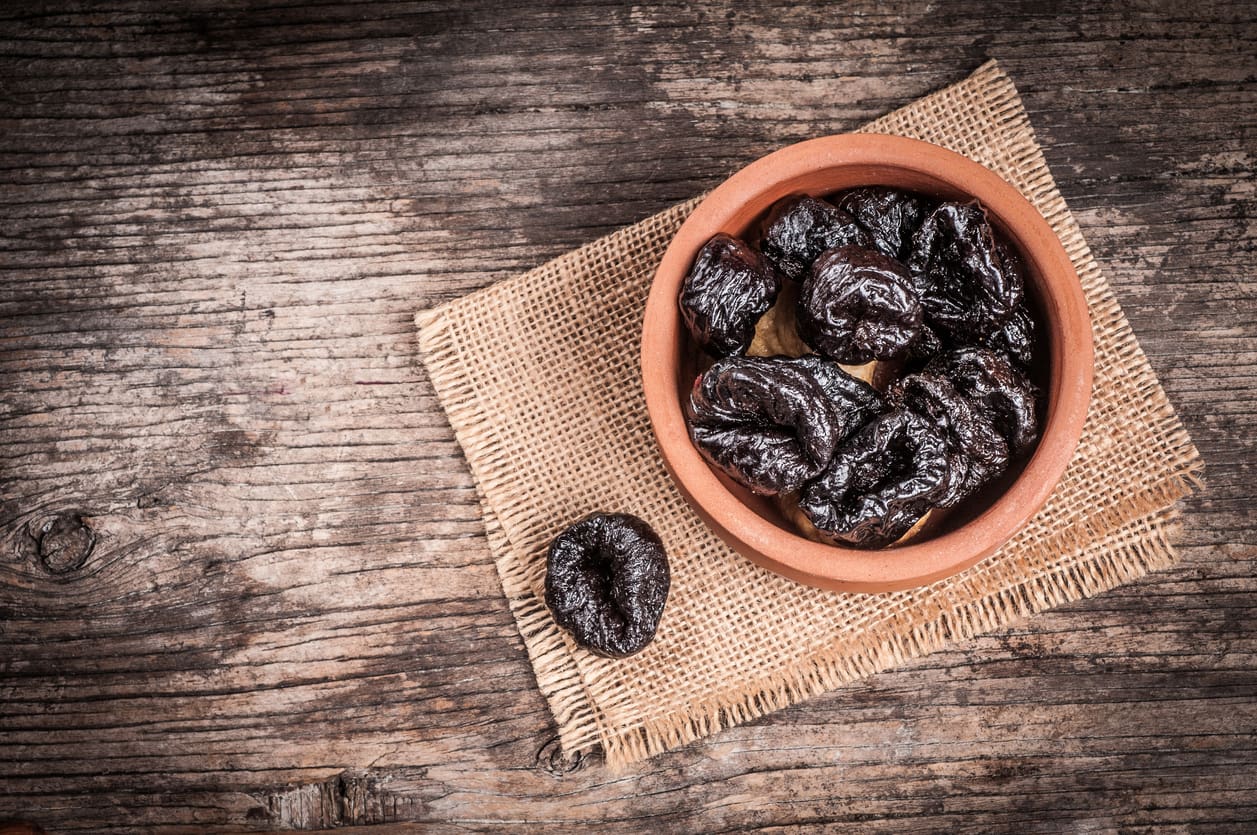
Prunes
Prunes, or as their marketing board says, dried plums, may be effective in both bone maintenance and bone building in postmenopausal women. People who eat the most foods rich in vitamin C (such as citrus fruits and some stone fruits, like plums) have 70% less cartilage loss than those who eat the least and a threefold reduction in the progression of the disease.
Osteoarthritis (“wear and tear arthritis”), the most common type of arthritis in the U.S., is a painful degenerative condition that occurs when cartilage (which cushions bone joints) become cracked and pitted. It is estimated that 80% of the population will have osteoarthritis by the age of 65, although almost half of those people will not have any symptoms.
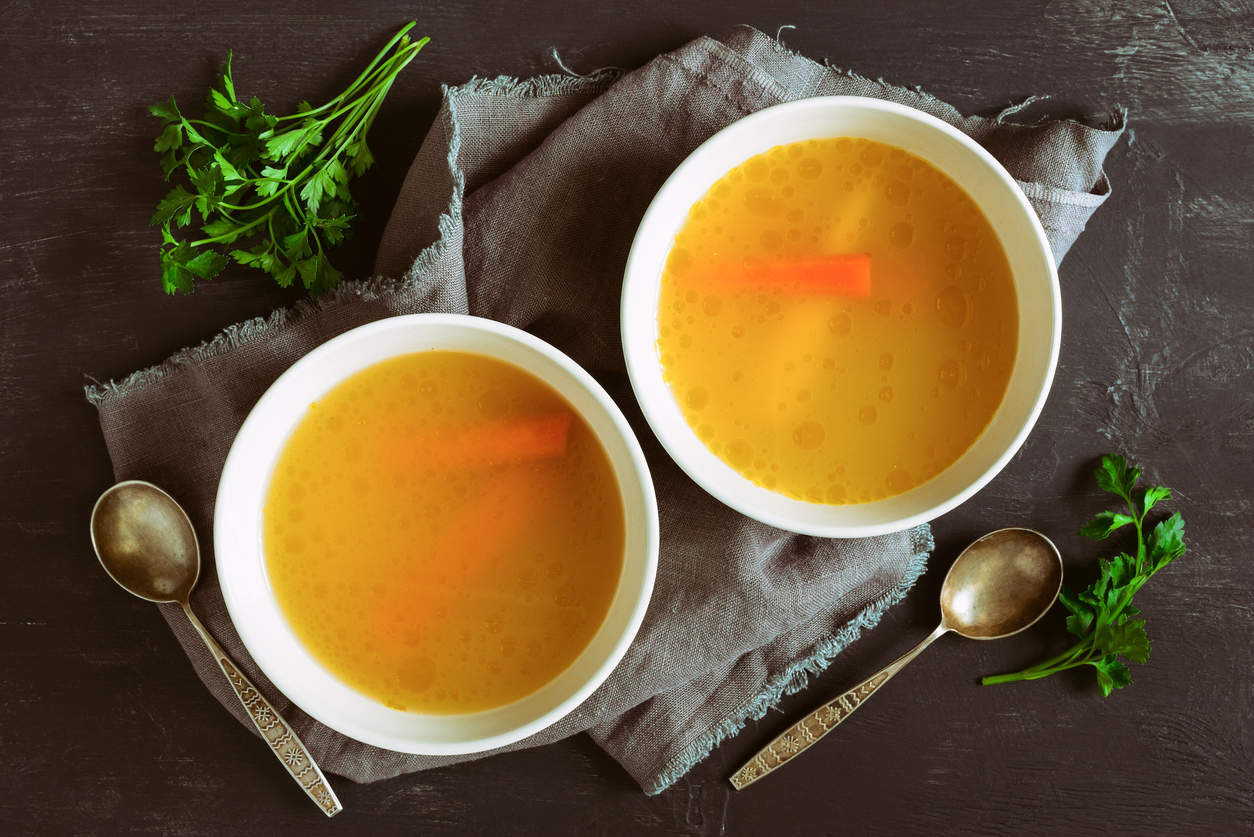
Bone Broth
Hands-down, bone broth. Bone broth is one of the healthiest foods we can consume daily. Most importantly, bone broth is rich in two very special amino acids: proline and glycine, as well, it’s rich in vitamins and minerals, and antioxidants (especially calcium, magnesium, and phosphorus). Consumers can use bone broth in cooking vegetables, stir fry’s or even sip it like tea. I like to make a large batch of bone broth, freeze it in icecube trays and pop out a few cubes for cooking.
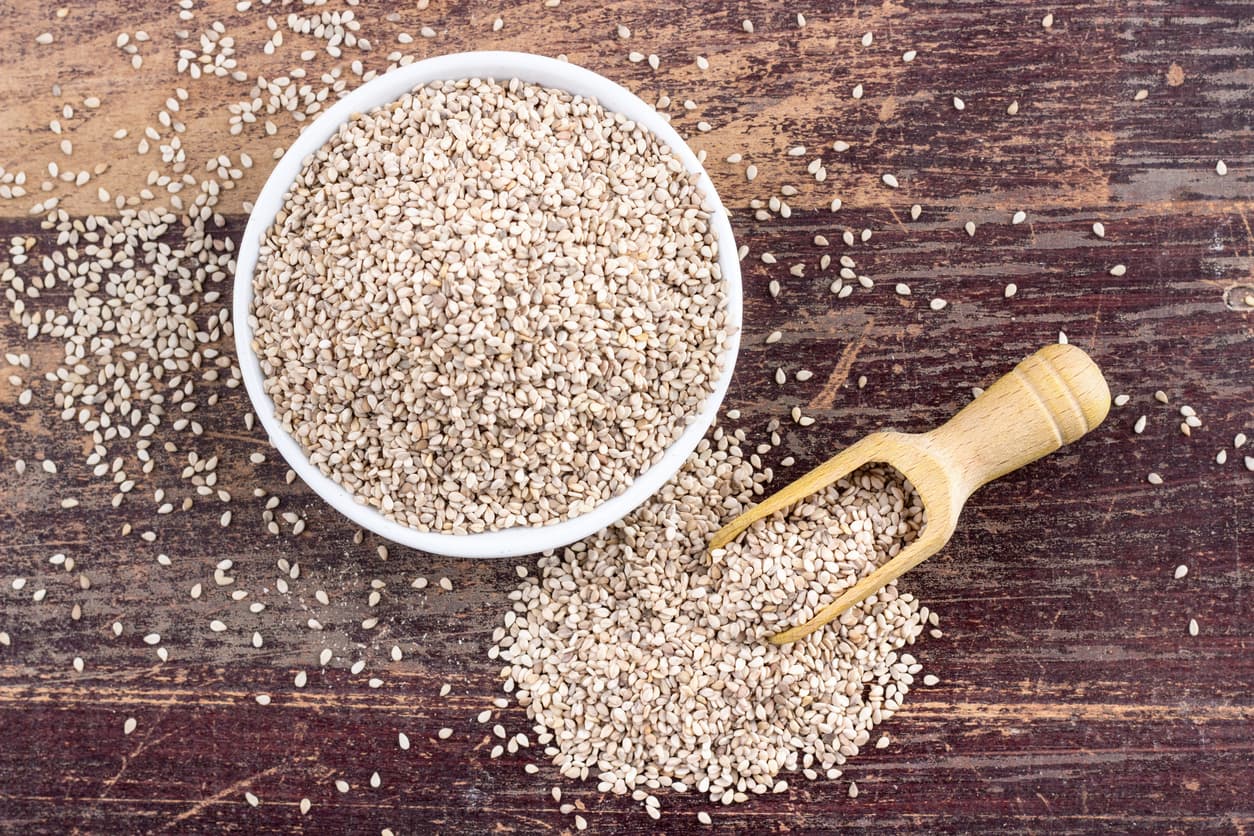
Sesame Seeds
My favorite food for strong bones is sesame seeds. Sesame seeds are an excellent dairy-free source of calcium and also contain magnesium and phosphorus which promote bone health. On top of that, sesame seeds are high in zinc. Low levels of dietary zinc intake have been linked to osteoporosis. If you are looking for a great recipe with sesame seeds, check out my Rainbow Tahini Salad.
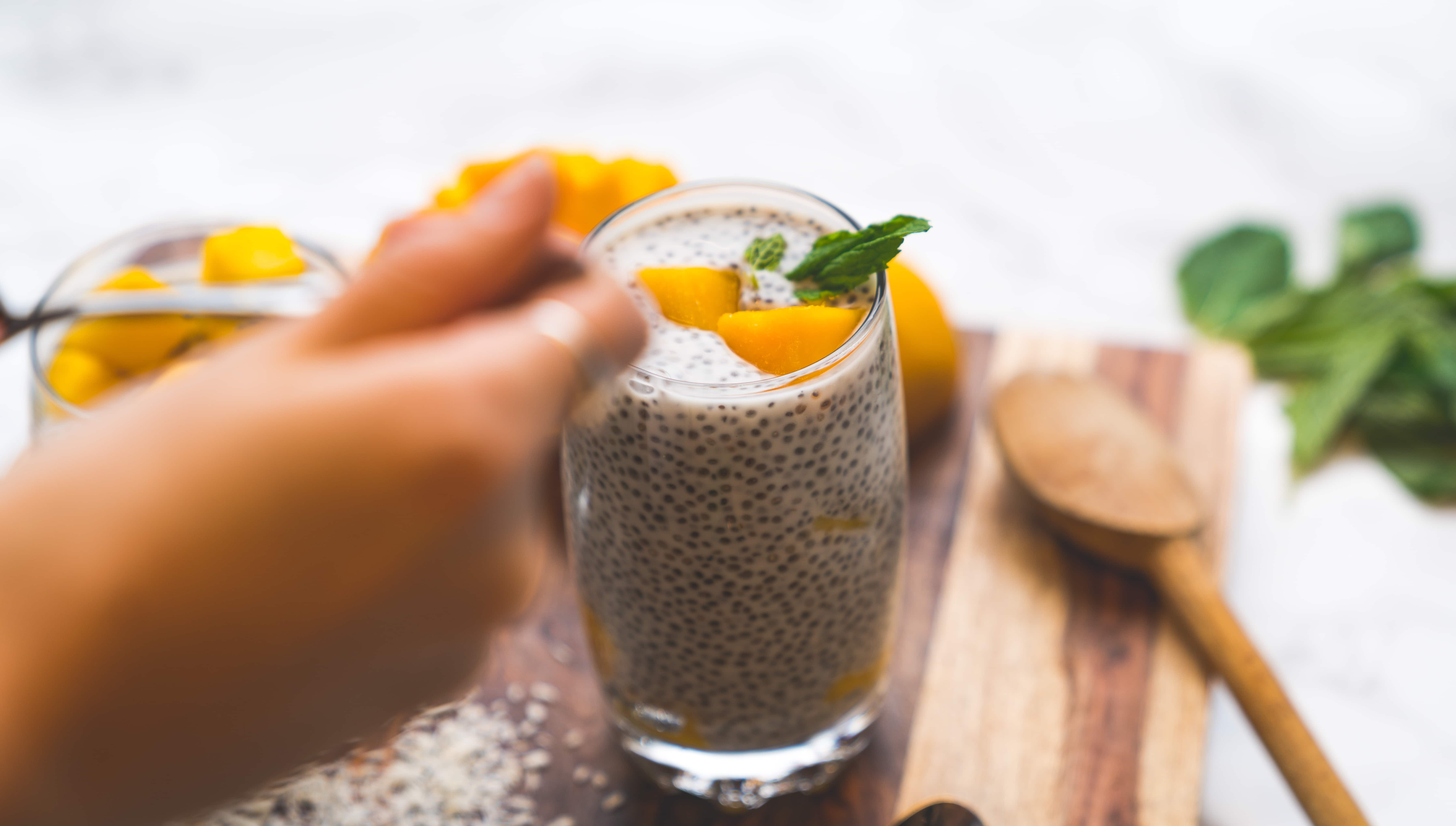
Chia Seeds
Chia seeds! I like to recommend these tiny black seeds because they are so easy to incorporate into the daily diet and two tablespoons provide 15% of the recommended daily allowance of calcium. That’s a nice little boost without much extra effort! Add them to a smoothie (like my Almond Butter & Jelly Smoothie!), oatmeal, yogurt, or make a delicious chia pudding!
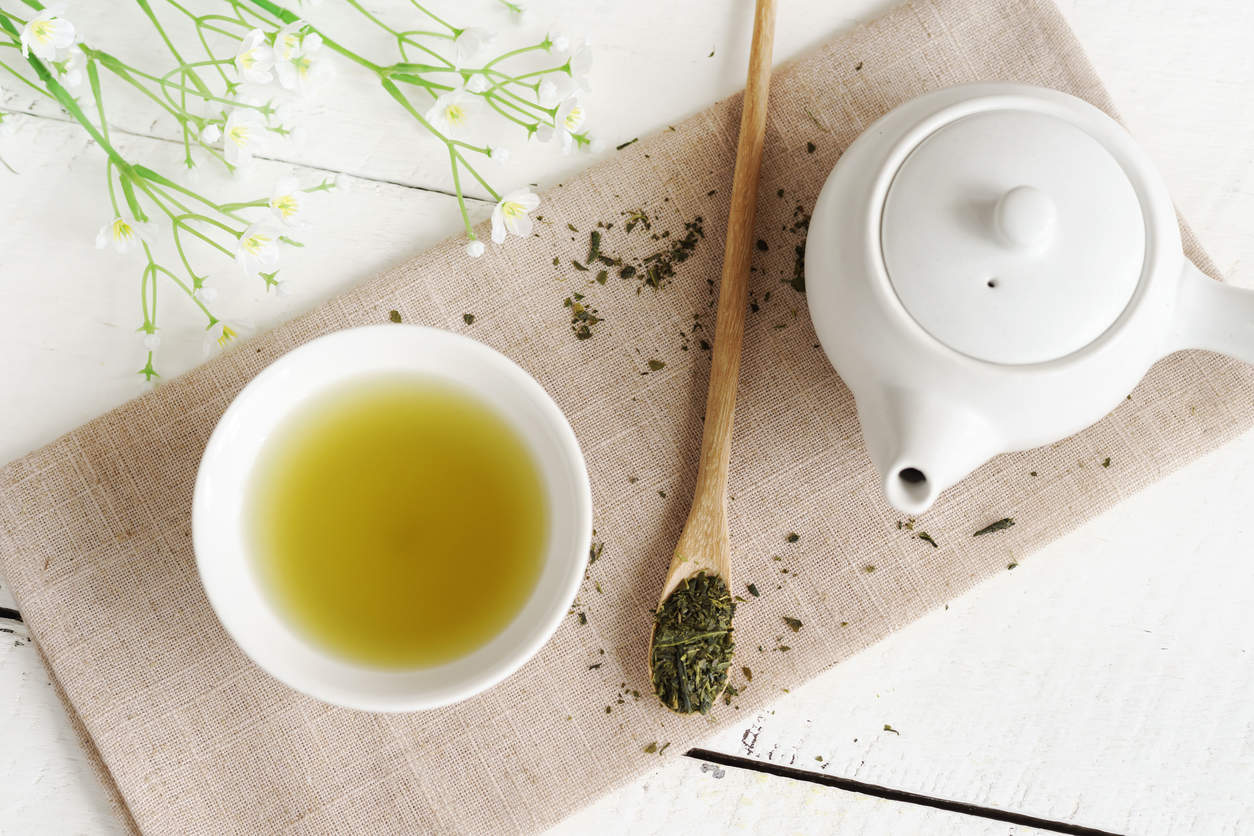
Green Tea
Green tea offers nutritional support for bone health. Green and black tea contain antioxidant and anti-inflammatory compounds called flavonoids, which have been shown to help keep bones strong and healthy. Regular tea drinking has been shown to increase bone mineral density. Since oxidative stress is a key factor in bone loss and the development of osteoporosis, consuming foods and beverages with antioxidants, such as green tea, is important. There are catechins or polyphenols in tea that are powerful antioxidants, particularly epigallocatechin gallate (EGCG), which have been shown to support bone health.
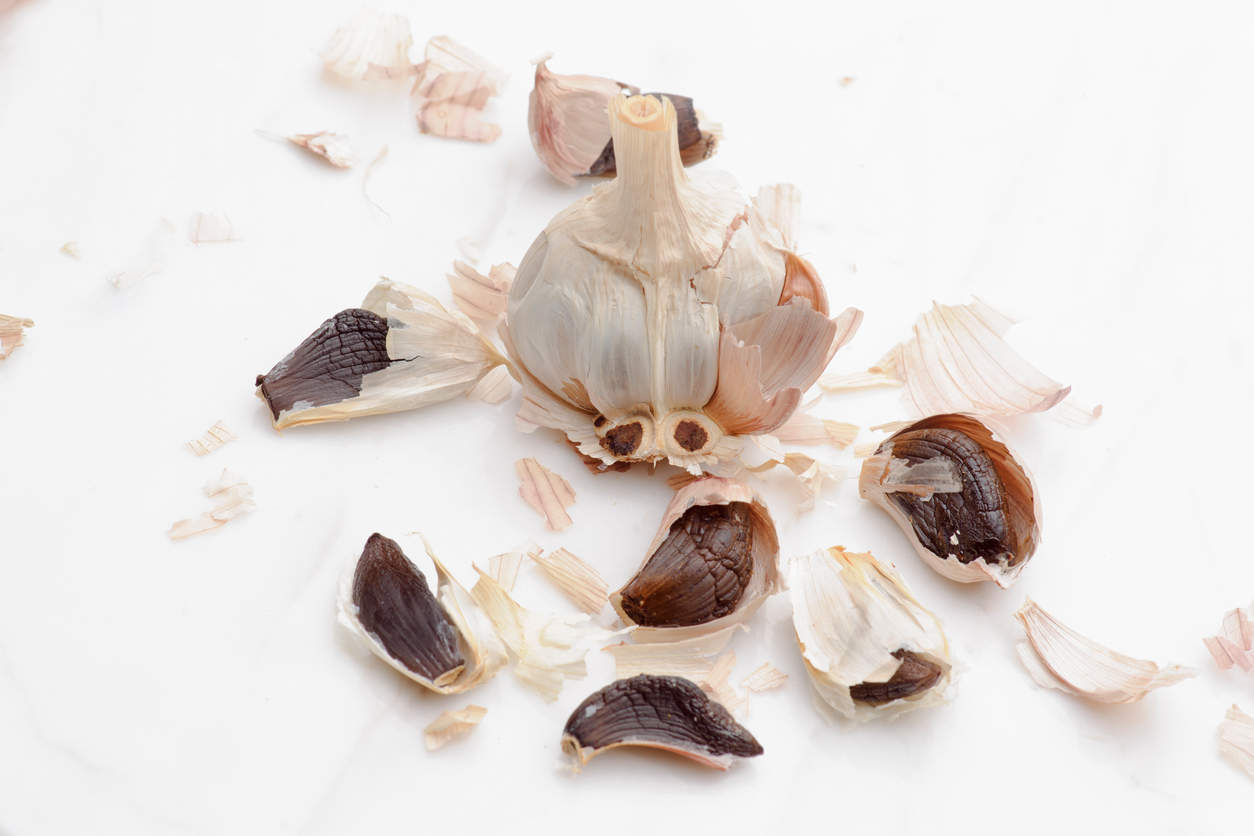
Garlic
We often think of dairy as the best food source for osteoporosis, but for many people due to preferences and/or food sensitivities, dairy isn’t an option. I recommend making plant-based sources of calcium a daily habit. Foods such as navy beans, black beans, almonds, garlic, oranges and fresh herbs offer calcium and so much more for the overall nutrition that supports bone health.
While garlic may not seem like the most calcium rich food, don’t be fooled. This root vegetable is a nutrition powerhouse and may keep vampires away. One teaspoon (roughly between half to a full clove) of garlic has 5 milligrams of calcium. Again, this may not seem like a lot, but if you’re adding it to several dishes a day, it adds up. This helps take your calcium to the next level, all while providing excellent antimicrobial and anti-inflammatory properties. Most of all, I like that it helps with the most important aspect of nutrition: the logistics of nutrition. Garlic can add a lot of flavor to dishes and is a great way to add amazing flavor to other calcium rich foods without adding salt or butter.
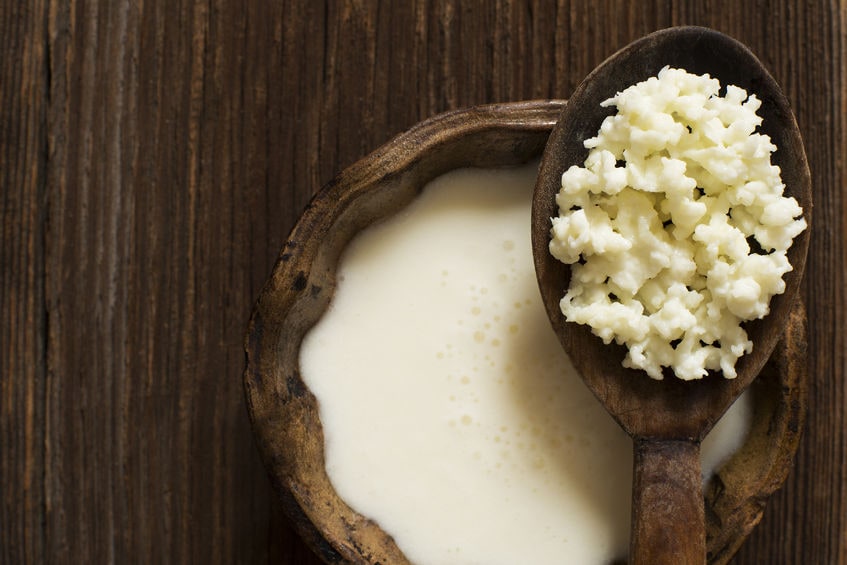
Fermented Foods
Vitamin K2 plays a vital role in preserving bone density by regulating the balance between the osteoclasts (cells that break down bone) and the osteoblasts (cells that rebuild bone).
Fermented soybeans are rich in vitamin K and have been shown to prevent bone loss in postmenopausal women.
Vitamin K2 is synthesized by the good bacteria that are found in the gut, which is why it’s important to eat fermented foods. There are a variety of different fermented foods that include dairy options such as yogurt and kefir, as well as non-dairy sources such as kimchi, natto, sauerkraut, and kombucha.
What Do YOU Think Are Foods for Stronger Bones?
Did this list give you additional options when it comes to food for strong bones? Will there be any you’re going to try because of it? Let us know in the comments below!
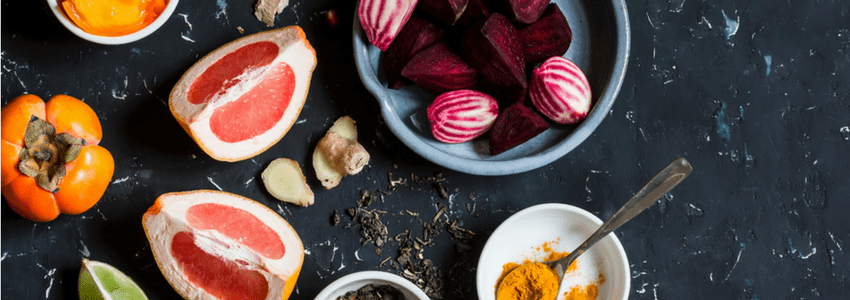














Sherry Braud
May 20, 2017 , 6:49 amThank You, I did not know about Black Bean or Collagen Peptide Protein Powder. I appreciate your informative website!